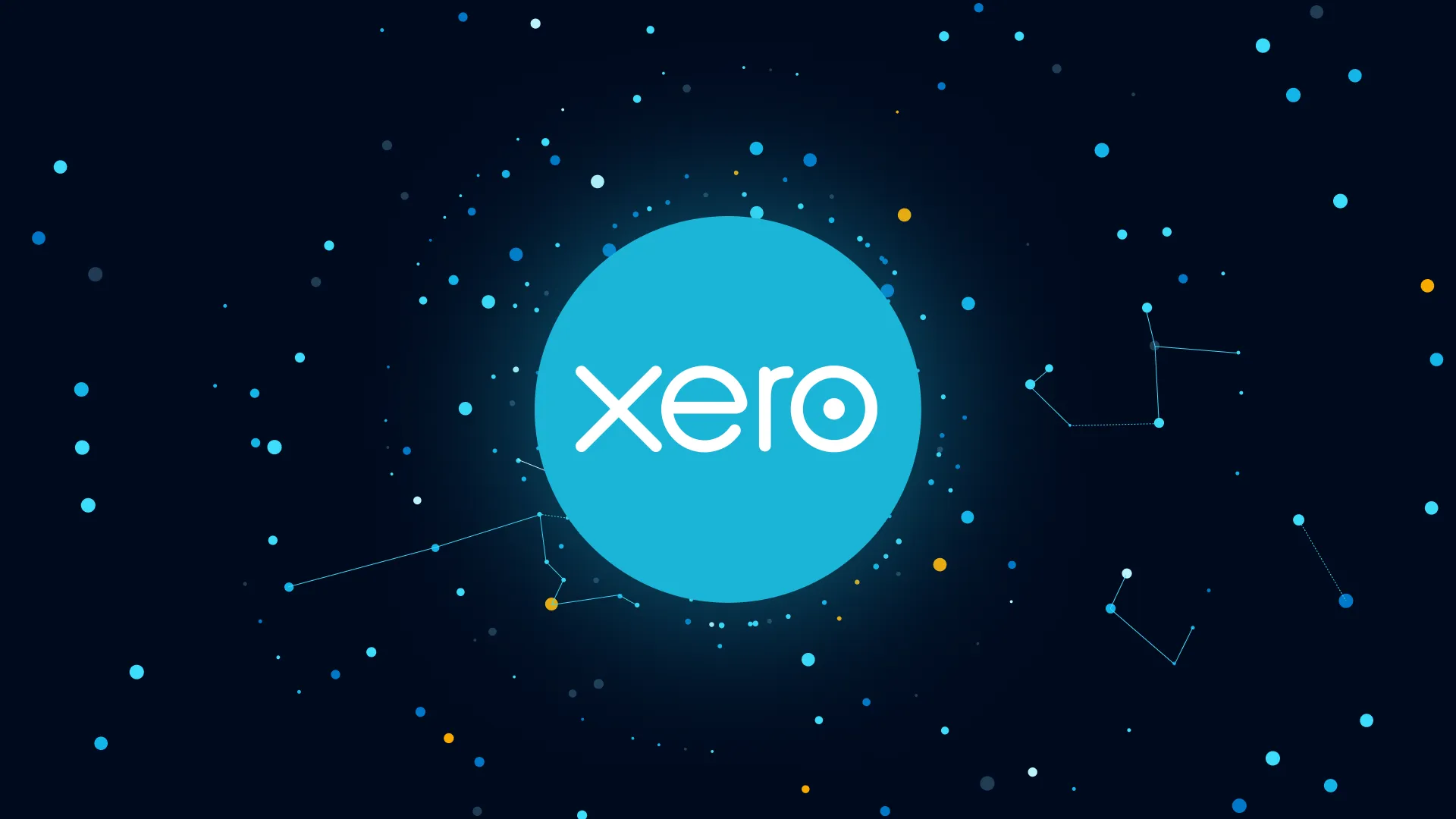I think we can all relate to the feeling of the day escaping us. When it gets to 5pm and we feel like we haven’t done anything. As humans, we’ve got limited time and energy (which is why I’ll keep this brief 😁). Therefore, it’s a good idea to reflect on our daily routines and figure out how we can maximise the value we create for ourselves.
What does it mean to create value?
In business and life, the value of goal setting and planning can’t be underestimated. Choosing the right path helps us get to where we want to be.
But setting our sights on a goal isn’t enough. We need to align our activities with the pursuit of our goals, and do the tasks that significantly contribute towards them. For me, those are the actions that create value. Not just towards goals, but our time and effort should be directed towards things that contribute to well-being and overall satisfaction too.
In the rapidly evolving business landscape, software automation provides new and exciting opportunities for growth and acceleration.
- Automatic processes: communications, transactions, etc.
- Software Tools: opportunities for enhancing human productivity.
- Organisation: system integration and cohesion, moving and processing data.
- Scalability: software tasks are done in a fraction of the time it takes people.
You can see why it’s a bit of a gold rush, getting more value from our time. As exciting as it is however, we shouldn’t get carried away…
Automate all the things
If we do everything faster, won’t we create value faster as well? Maybe. But it’s important to consider what we can lose through a digital overhaul.
- Upfront costs. Automation should be an investment. If you’re not making your money back or getting a good benefit, is it worth it?
- Adapting to change. New technology can be hard. We need a strategy to integrate new ways of working, like training or upskilling.
- Loss of human touch. It’s important to consider people and their strengths.
- Over-reliance. We shouldn’t become dependent on something we don’t control, that’s not future-proof. Contingencies shouldn’t be overlooked.
As Michael Porter put it: The essence of strategy is choosing what not to do. If we put all our resources into operational efficiency, we’re probably making a big mistake.
This applies to our daily routines as well. If we do something regularly which doesn’t contribute to our goals, why are we doing it to begin with?
Choosing the right strategy
Now, I’m not saying software automations aren’t awesome. They are, and we know it. But knowing where they should go to optimise your spending benefits everyone. This is crucial when the to-do list keeps getting longer as your business scales.
It’s time to scrutinise that list, and ask yourself: Am I getting value out of the time I’ve spent on this task? If your answer is yes and it would benefit from being automated, you might have found a good opportunity.
Strategic automation. Choosing the right time and place to implement it can save us a lot of time and resources. The best choices for doing so should maximise efficiency, reduce errors and most importantly, allow us to focus on meaningful and high value activities.
While that’s not always an easy task, Novatura are here to help 😉.
Goal alignment: the path to success
For us, the point of automation is to enhance value, but this goes for any process we do as humans too. If it’s not contributing towards your goals, why are you doing it?
Identifying when software is a good idea, and being aware of the drawbacks can help us immensely when we evaluate the tasks we perform on a daily basis. Before we can digitise, the first step is aligning our processes with our goals.
Having the right digital strategy is essential to differentiate from competition. If you’ve got a goal or an idea, Novatura’s team can turn it into a plan, and execute. We’d love to hear how we can help you make a difference.
Get in touch today to discuss your requirements.


